Civilization and Modernity: Narrating the Creation of Pakistan
Sixty-some years after its emergence as an independent nation, controversy over the meaning and causes of the creation of Pakistan remains vibrant. Part of the controversy lies in conflicting interpretations of what happened in the run-up to the partition of India in 1947. For some the Pakistan movement was in fact neither nationalist nor religious. Perhaps the most powerful exponent of such a view of the Pakistan movement was Jawaharlal Nehru. The history of colonialism is indeed critical to Pakistan’s story. But so is the relationship of Pakistan to the larger--and longer-universalizing history of Islam. The particular locality for the present volume is colonial Punjab: the history of Punjab’s role in the coming of Pakistan continues to be a matter of dispute-and illustrates dramatically the critical intersection between local structures of power and narratives of identity and the larger, civilizational ideals, whether modern/scientific or Islamic, out of which the demand for Pakistan was fashioned. This story also provides a perspective in trying to locate the creation of Pakistan not only in the larger narrative of Muslim history, but also in the narrative of South Asia’s distinctive encounter with modernity.
Get it now and save 10%
BECOME A MEMBER

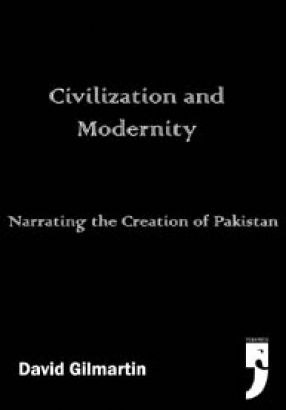
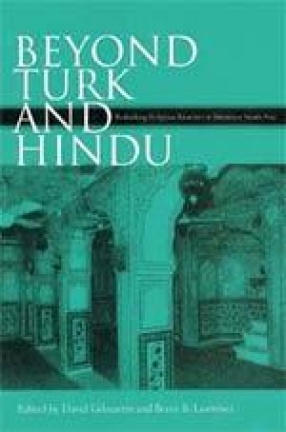
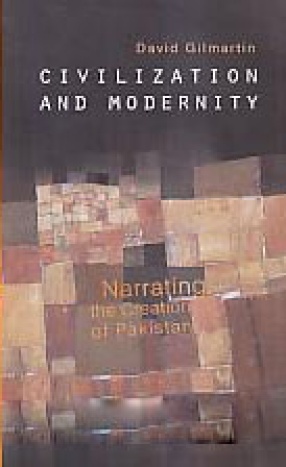
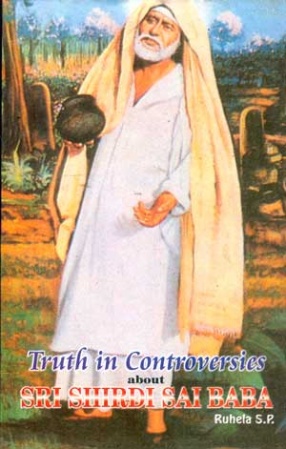
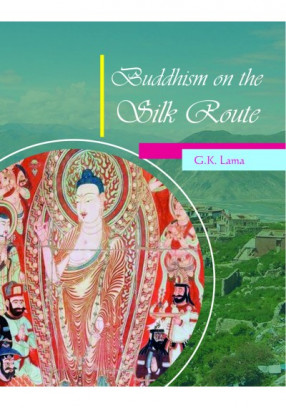
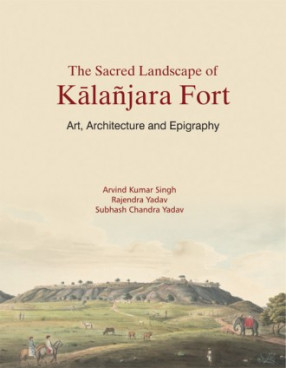


Bibliographic information